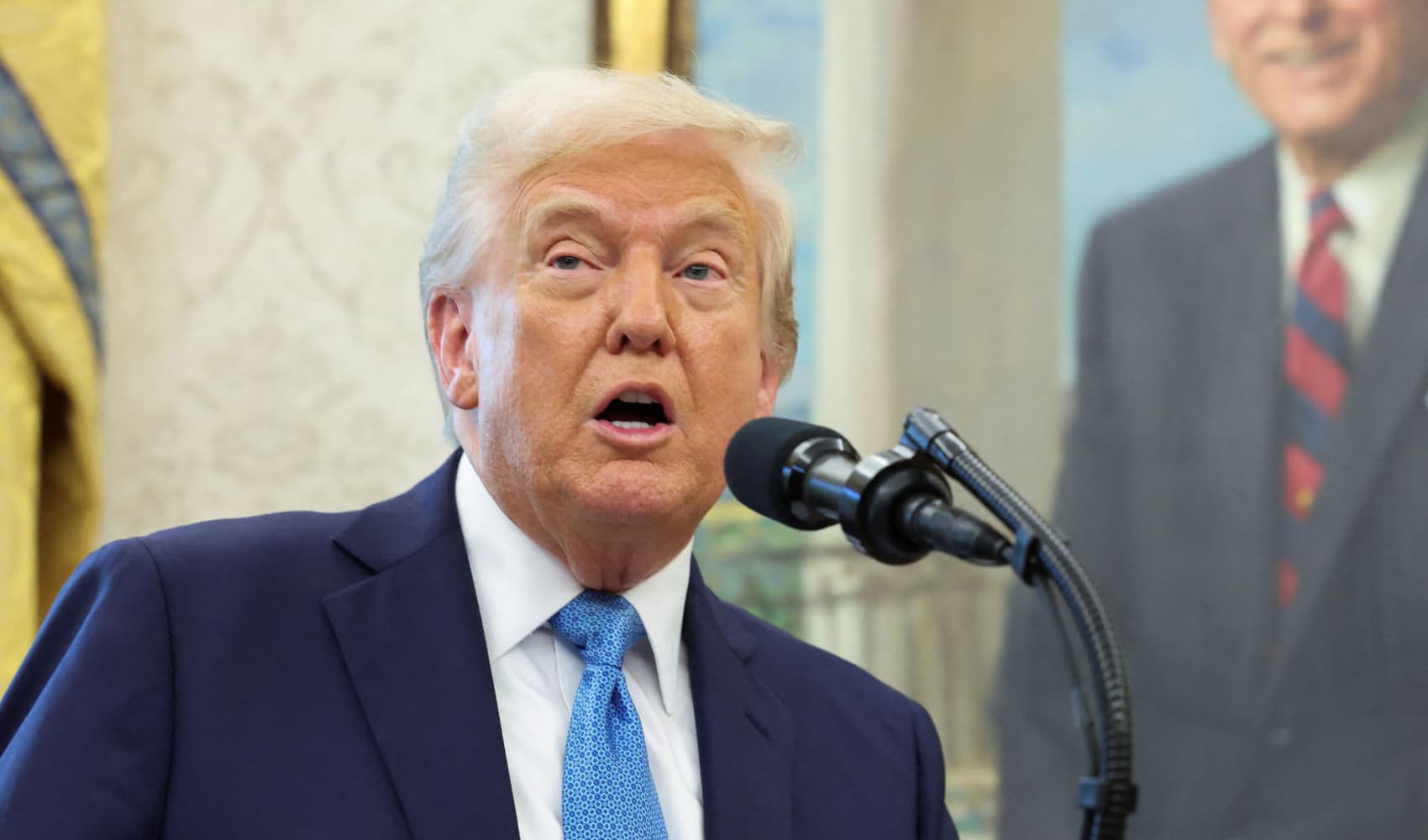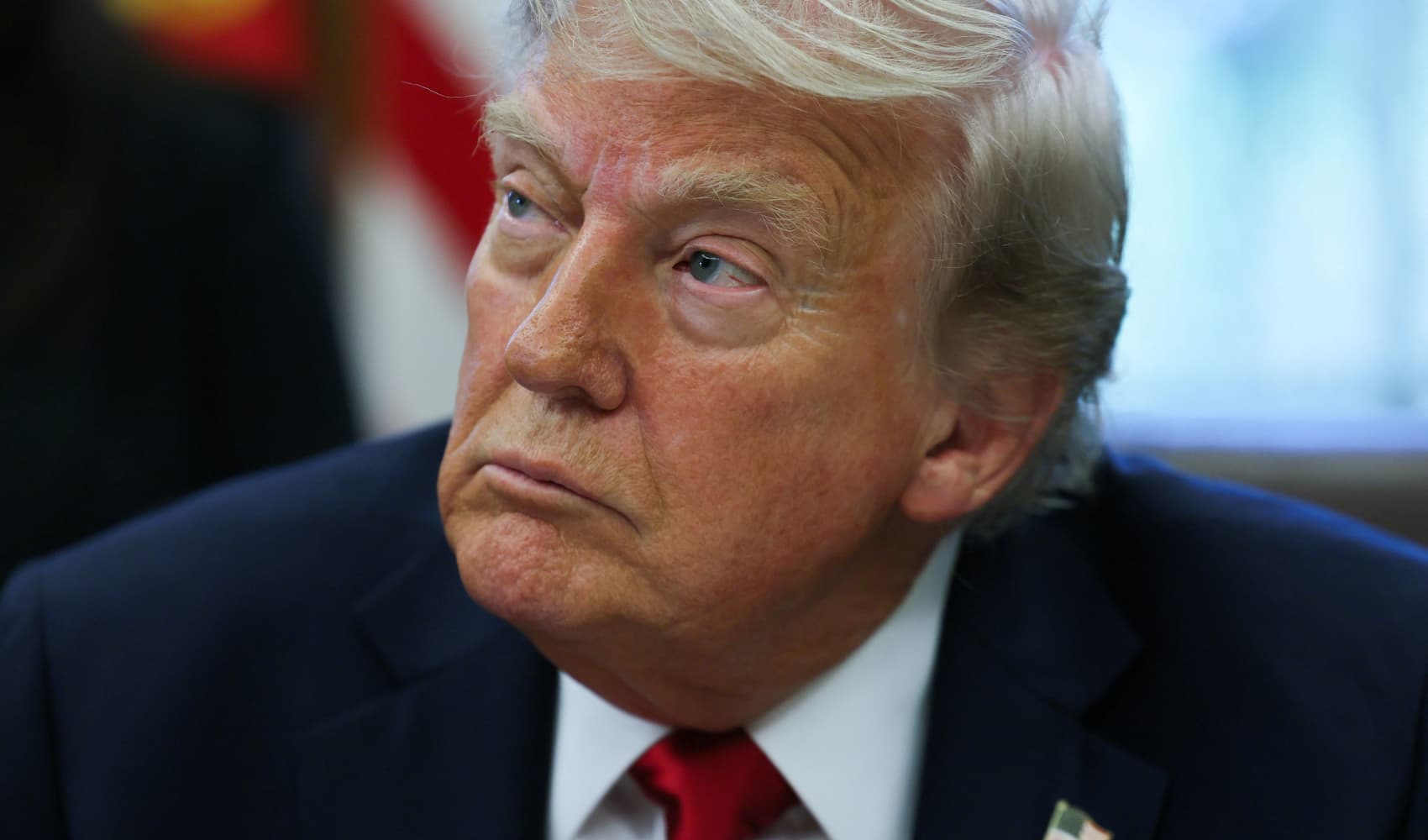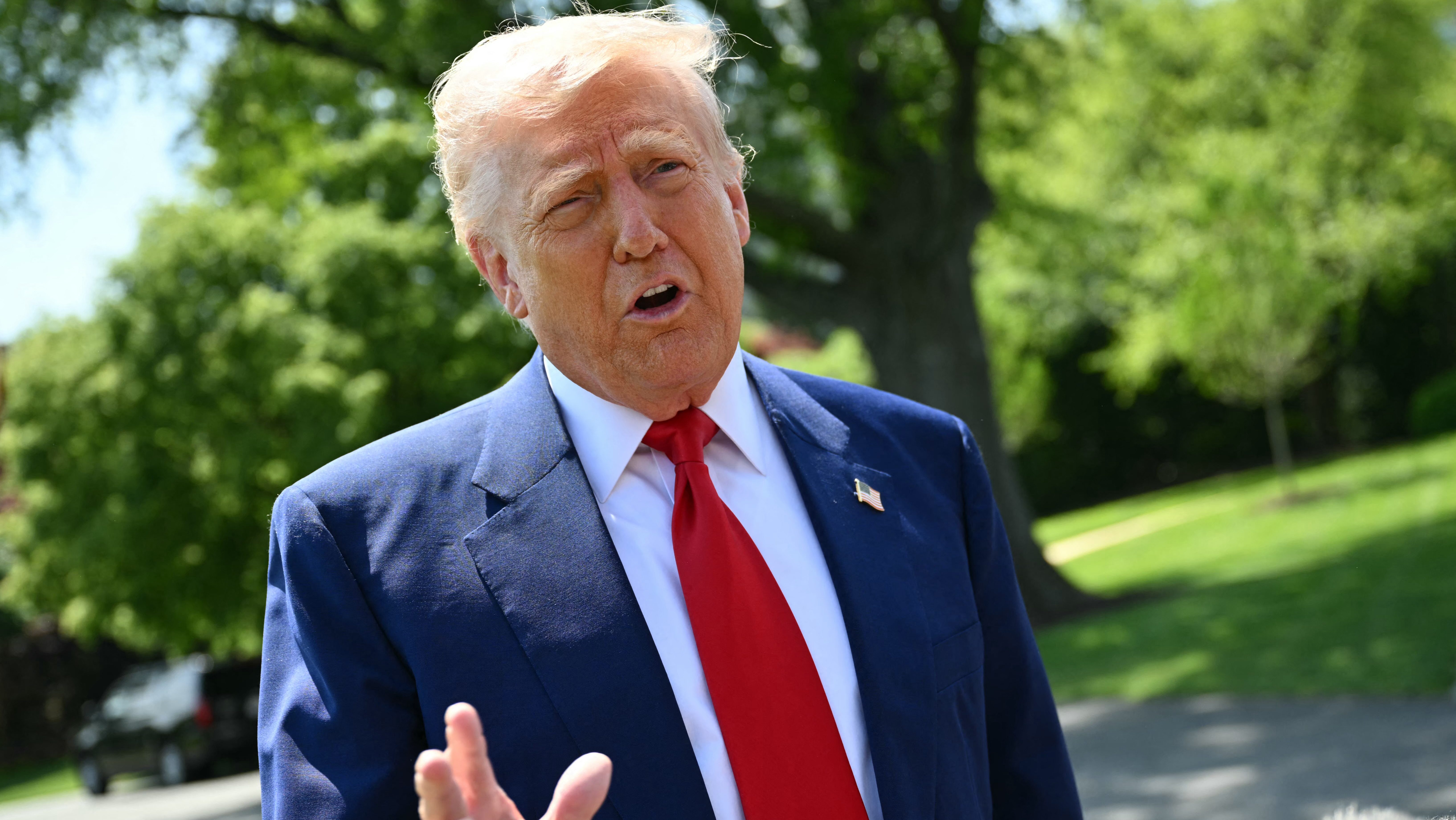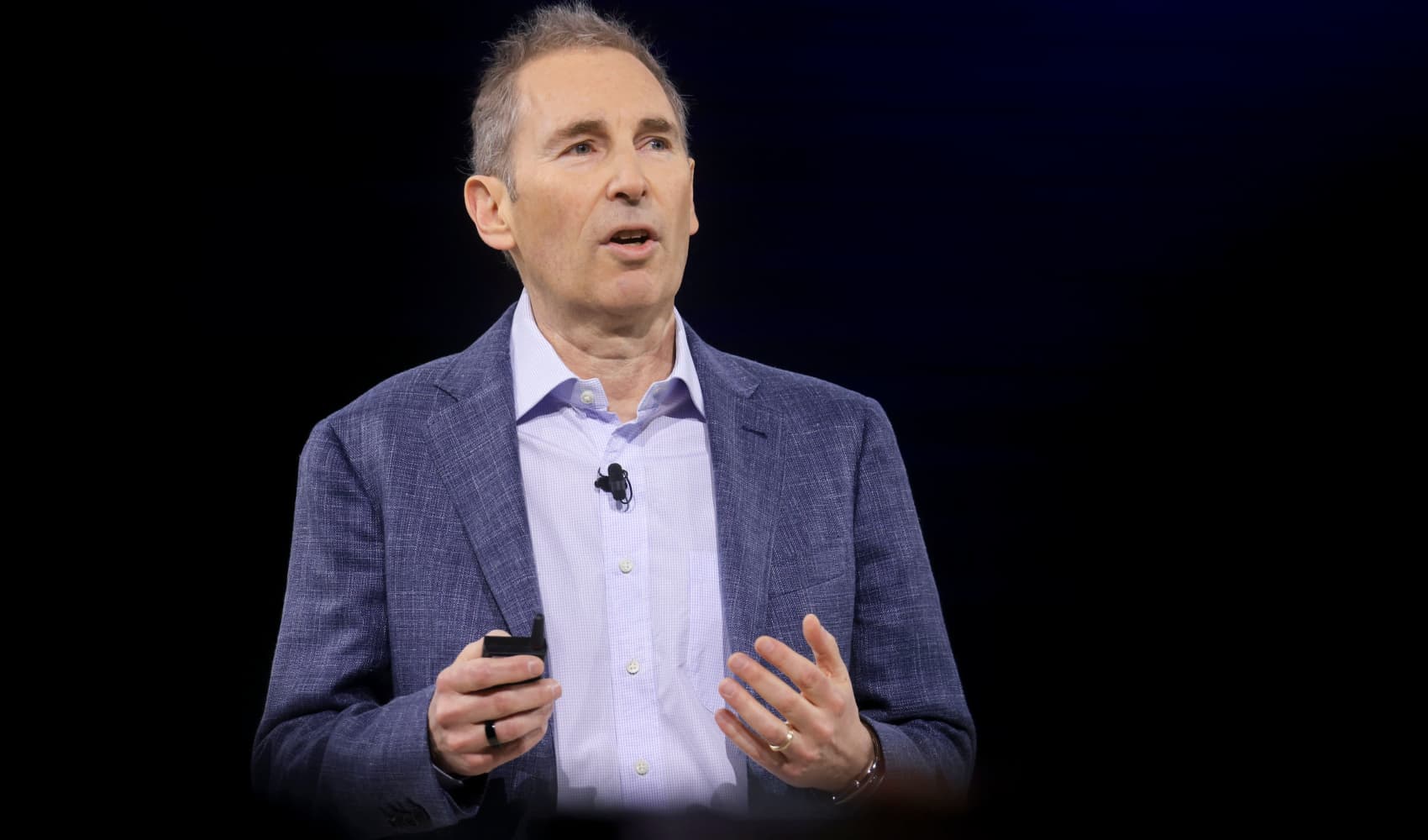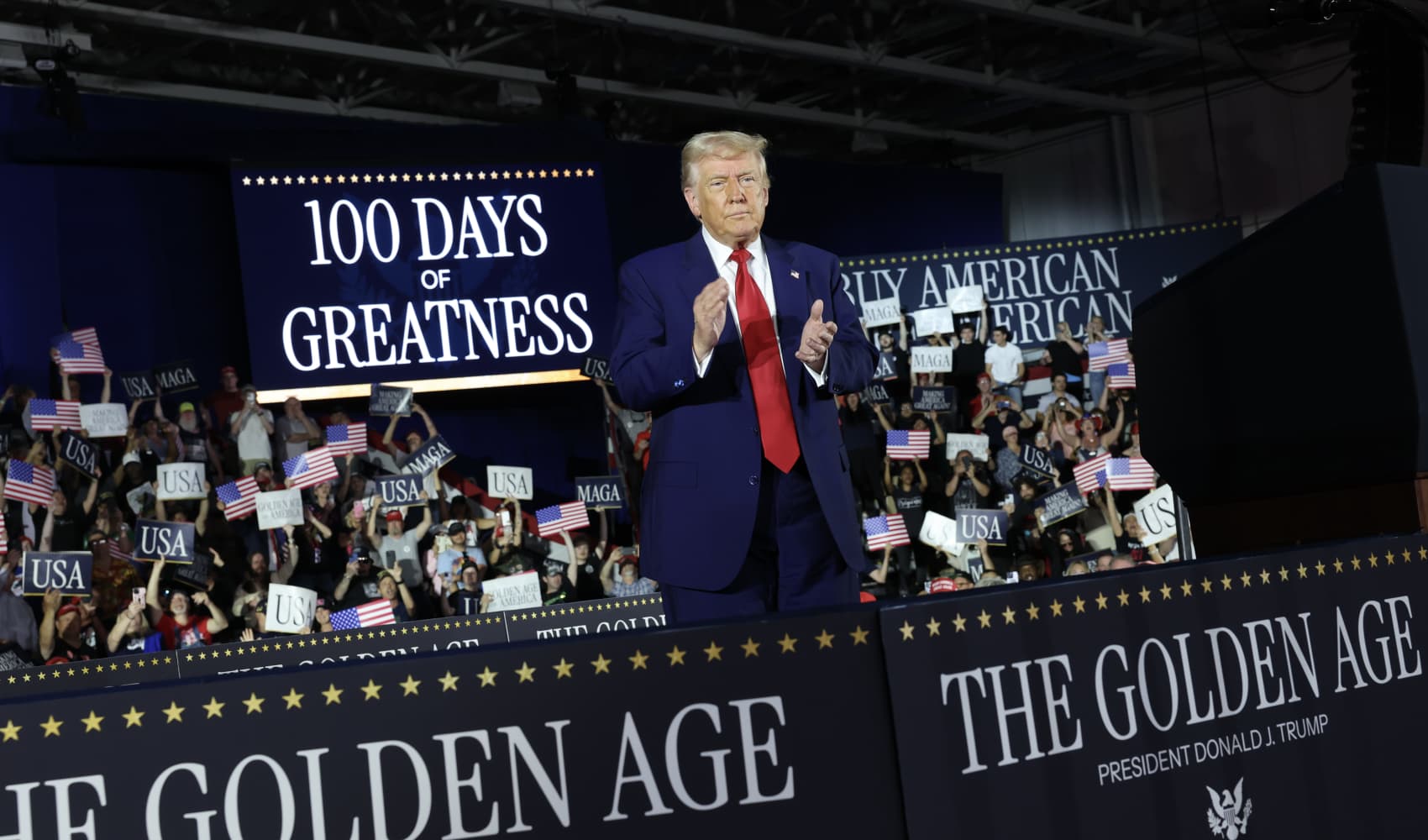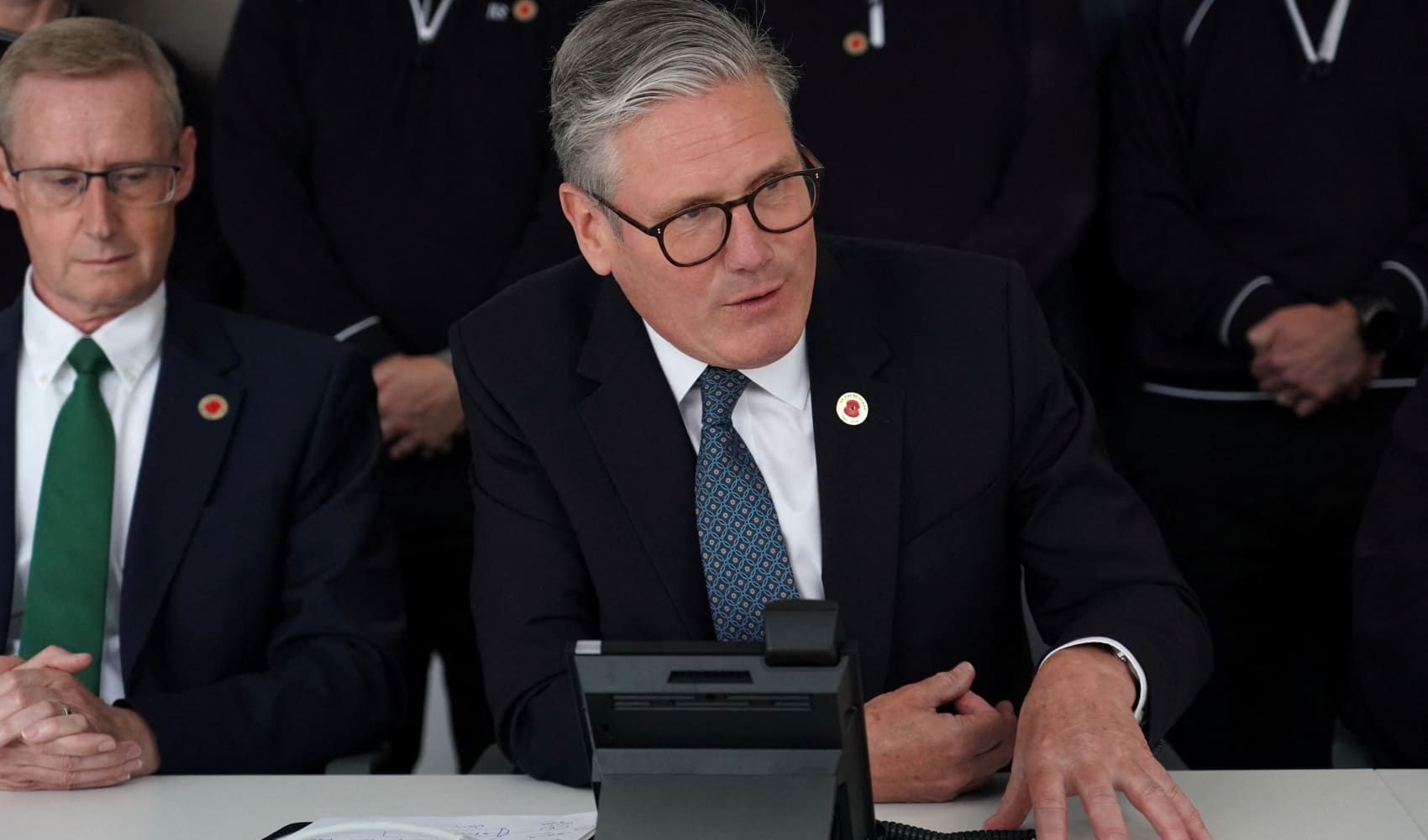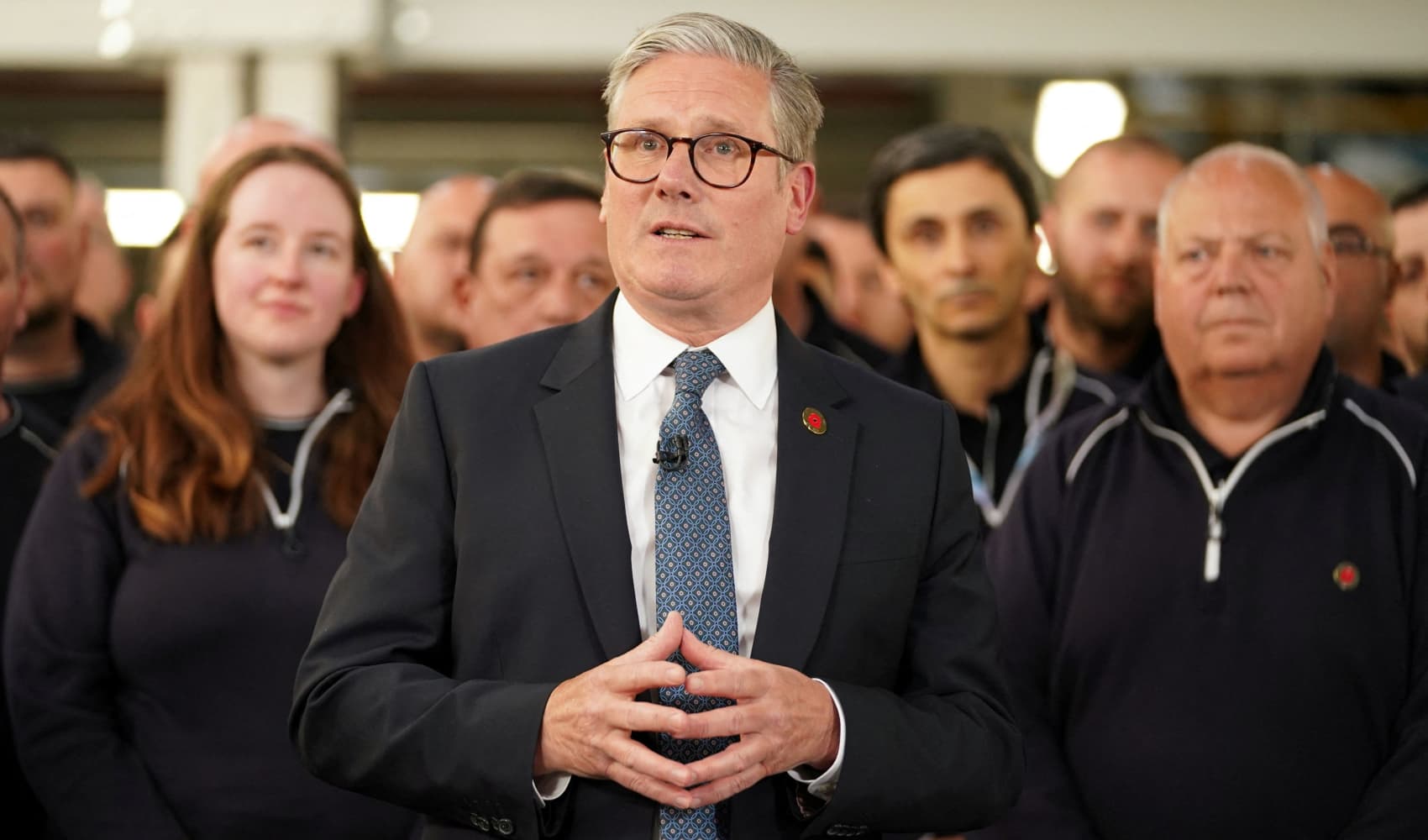Asia-Pacific Markets Wobble After Trump's Fed Jab
Asia-Pacific Markets Shiver: Trump's Fed Attack Triggers Wall Street Plunge
Introduction: A Rippling Effect Across the Pacific
Ever felt like a pebble dropped in a pond, creating ripples that spread far and wide? That's precisely what happened when former U.S. President Donald Trump once again took aim at the Federal Reserve and its Chairman, Jerome Powell. His words sent shockwaves through Wall Street, and those waves didn't stop at the water's edge. They crashed onto the shores of Asia-Pacific markets, leaving a noticeably subdued atmosphere in their wake.
Navigating the Asian Market Seas: A Mixed Bag
Tuesday proved to be a day of cautious treading for Asian markets. While some managed to stay afloat, others felt the undertow of Wall Street's woes. Let's dive into the specifics and see how individual markets fared.
Japan: A Slight Dip for the Nikkei
Japan's Nikkei 225 experienced a minor setback, slipping 0.17% to close at 34,220.6. Think of it as a small correction after a long climb. However, the Topix index managed to buck the trend, adding 0.13% to close at 2,532.12. Was this a sign of underlying strength, or just a temporary respite? Only time will tell.
South Korea: Flatlining in Seoul
South Korea's Kospi index essentially flatlined, closing at 2,486.64. The small-cap Kosdaq inched up a mere 0.09% to close at 716.12. It seems like South Korean investors were playing a waiting game, cautiously observing the global economic currents before making any significant moves. Are they waiting for clearer signals before committing?
Australia: Barely Staying Afloat
Down under, Australia's S&P/ASX 200 index barely managed to stay above water, losing a negligible 0.03% to close at 7,816.7. Imagine trying to balance on a surfboard in calm waters – that's how Australia's market seemed: steady, but fragile. Will the next wave capsize it?
Hong Kong: Defying the Trend
Hong Kong's Hang Seng Index emerged as one of the few winners in the region, rising a respectable 0.78% to close at 21,562.32. This suggests a possible decoupling from the broader negative sentiment. What is driving this unusual optimism in Hong Kong?
Mainland China: A Cautious Stance
Mainland China's CSI 300 traded flat, closing at 3,783.95. This indicates a cautious approach from Chinese investors, mirroring the sentiment in other parts of Asia. Are they also waiting on the sidelines?
US Futures: A Glimmer of Hope?
U.S. stock futures offered a slightly more encouraging picture, trading near the flatline. Futures tied to the Dow Jones Industrial Average lost a meager 18 points. Both the S&P 500 futures and Nasdaq 100 futures also showed minimal movement. Does this suggest a possible stabilization after the initial shock?
Trump's Words: The Catalyst for Chaos
The root cause of this market turbulence? Trump's renewed criticism of Fed Chair Powell. His persistent pressure on the Federal Reserve has injected uncertainty into the market. It's like a constant drip, drip, drip of anxiety for investors.
The Fed's Independence: A Crucial Cornerstone
The independence of the Federal Reserve is a cornerstone of economic stability. When that independence is questioned, markets tend to react negatively. Is Trump's continuous pressure undermining this crucial institution?
Interest Rate Expectations: The Balancing Act
Trump's comments often revolve around interest rate policy. His calls for lower rates are aimed at stimulating economic growth, but they can also fuel inflation and destabilize the currency. It's a delicate balancing act. Can he find the equilibrium?
The Global Economic Context: A Complex Web
It's important to remember that markets don't operate in a vacuum. They're influenced by a complex web of global economic factors. Trade tensions, inflation worries, and geopolitical risks all play a role. These factors contribute to the overall market sentiment.
Trade Wars: The Lingering Threat
The shadow of past trade disputes still looms large. Any renewed trade tensions could further dampen investor confidence. Are we headed for another round of trade wars?
Inflation: The Persistent Worry
Inflation remains a key concern for central banks worldwide. The Fed's decisions on interest rates will be crucial in managing inflationary pressures. Is inflation still a threat to economic stability?
Looking Ahead: Uncertainty Reigns
The near-term outlook for Asia-Pacific markets remains uncertain. The impact of Trump's comments, coupled with other global economic factors, will continue to shape market performance. It's a wait-and-see situation.
Investment Strategies: Proceed with Caution
In times of market volatility, it's essential to proceed with caution. Diversification, risk management, and a long-term perspective are crucial for navigating turbulent waters. Are you prepared for potential market swings?
The Bottom Line: Navigating Uncertainty
Ultimately, the key takeaway is that markets are sensitive to political and economic developments. Trump's attacks on the Fed chair served as a stark reminder of this reality. It's essential for investors to stay informed, remain vigilant, and adapt their strategies as needed.
Conclusion: Stay Informed, Stay Prepared
Asia-Pacific markets responded with subdued sentiment to the Wall Street sell-off, triggered by Trump's criticism of the Fed Chair. While some markets showed resilience, the overall mood was cautious. This highlights the interconnectedness of global markets and the importance of staying informed about both economic and political developments. Prepare for volatility and prioritize risk management. Keep a close eye on U.S. policy and global economic signals to make informed investment decisions.
Frequently Asked Questions
- Why did Trump's comments affect Asian markets?
Trump's criticism of the Fed Chair created uncertainty about U.S. monetary policy, impacting investor confidence globally, including in Asia-Pacific markets.
- Which Asian market performed the best despite the negative sentiment?
Hong Kong's Hang Seng Index rose 0.78%, indicating a potential decoupling from the broader negative trends.
- What should investors do during market volatility?
Investors should diversify their portfolios, manage their risk exposure, and maintain a long-term investment perspective.
- Is inflation still a major concern for global markets?
Yes, inflation remains a key concern, influencing central banks' decisions on interest rates and impacting overall market sentiment.
- How does the Federal Reserve's independence impact market stability?
The Fed's independence is crucial for economic stability, and any perceived threat to it can trigger negative market reactions and uncertainty.

